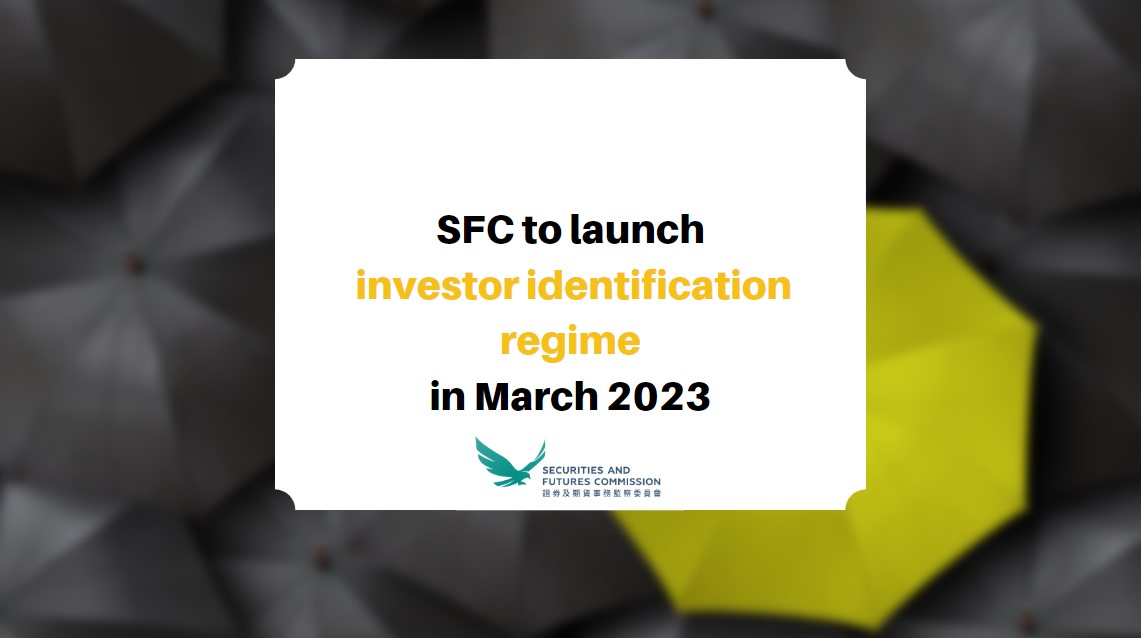FSB Middle East and North Africa group discusses financial stability outlook and cross-border payments
The group discussed the current challenging backdrop for global financial stability. Members shared their differing experiences of the impact of rising commodity prices on their economies and vulnerabilities related to tighter financial conditions and debt, particularly in foreign currencies. Members exchanged views on measures that could be taken to contain harmful cross-border spill-overs and enhance the resilience of emerging markets and developing economies against shocks. Members also discussed actions their authorities are taking to enhance financial crisis preparedness and management frameworks.
Members were updated on the work to implement the FSB Roadmap to enhance cross-border payments by improving cost, speed, access and transparency. Work under the Roadmap going forward will be focused on three priority areas: payment system interoperability and extension; legal, regulatory and supervisory frameworks; and cross-border data exchange and message standards. Members exchanged views on the potential benefits from the use of the Legal Entity Identifier (LEI) in cross-border payment transactions. Engagement with both the public and private sector beyond the G20 will be a key part of the next stage of the Roadmap. The group discussed how they could support engagement in the region, including the role RCG members could play in promoting broader adoption of the LEI.
Members also received an update on the FSB’s work programme for 2023, including deliverables to India’s G20 Presidency. The main priorities for the FSB’s work include: (i) intensifying its monitoring and analysis of financial stability issues; (ii) enhancing the resilience of the NBFI sector; (iii) advancing work on the global regulatory and supervisory framework for crypto-asset markets and activities; (iv) enhancing cross-border payments; (v) strengthening cyber and operational resilience; (vi) enhancing CCP resilience, recovery and resolvability; and (vii) addressing financial risks from climate change. Members discussed areas that would be of interest to RCG MENA members and how they could contribute their expertise to that work.






















































First, please LoginComment After ~